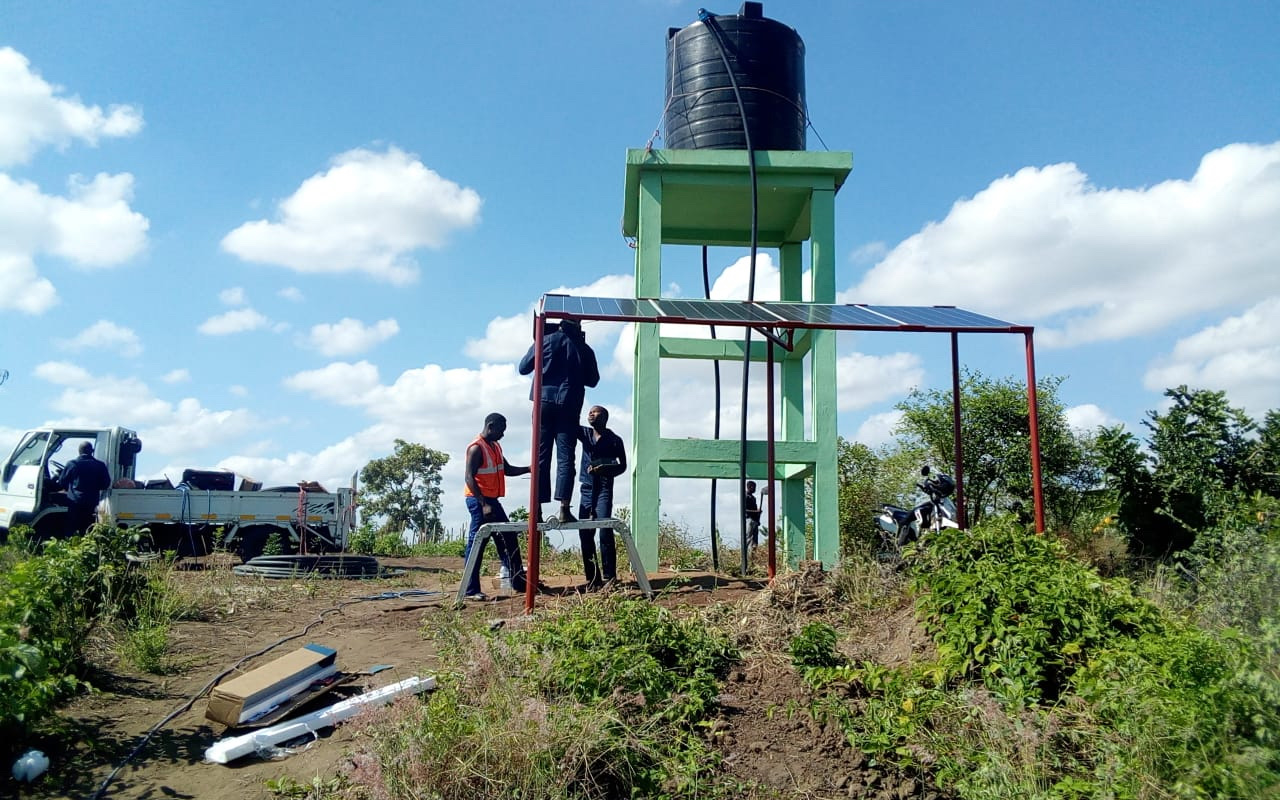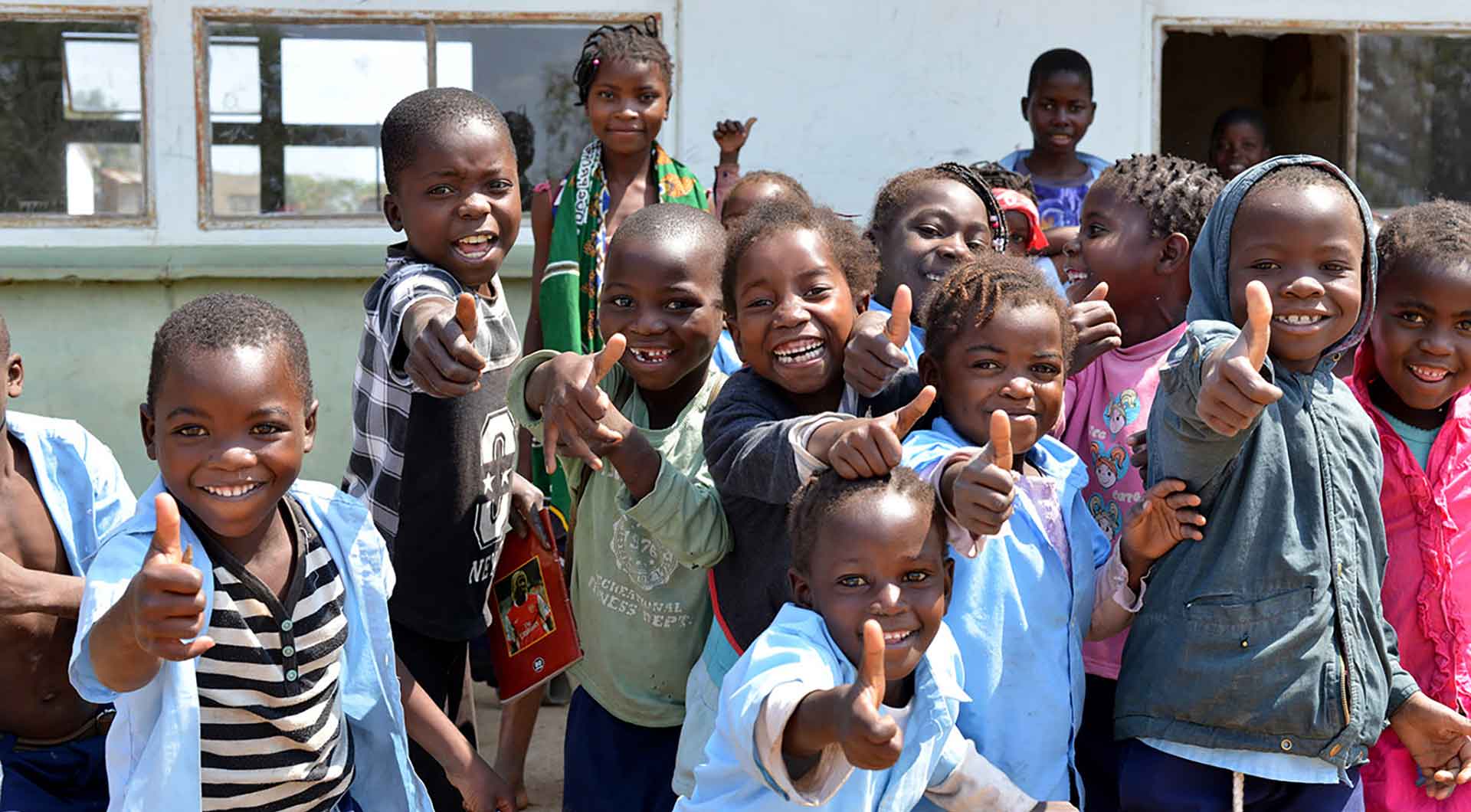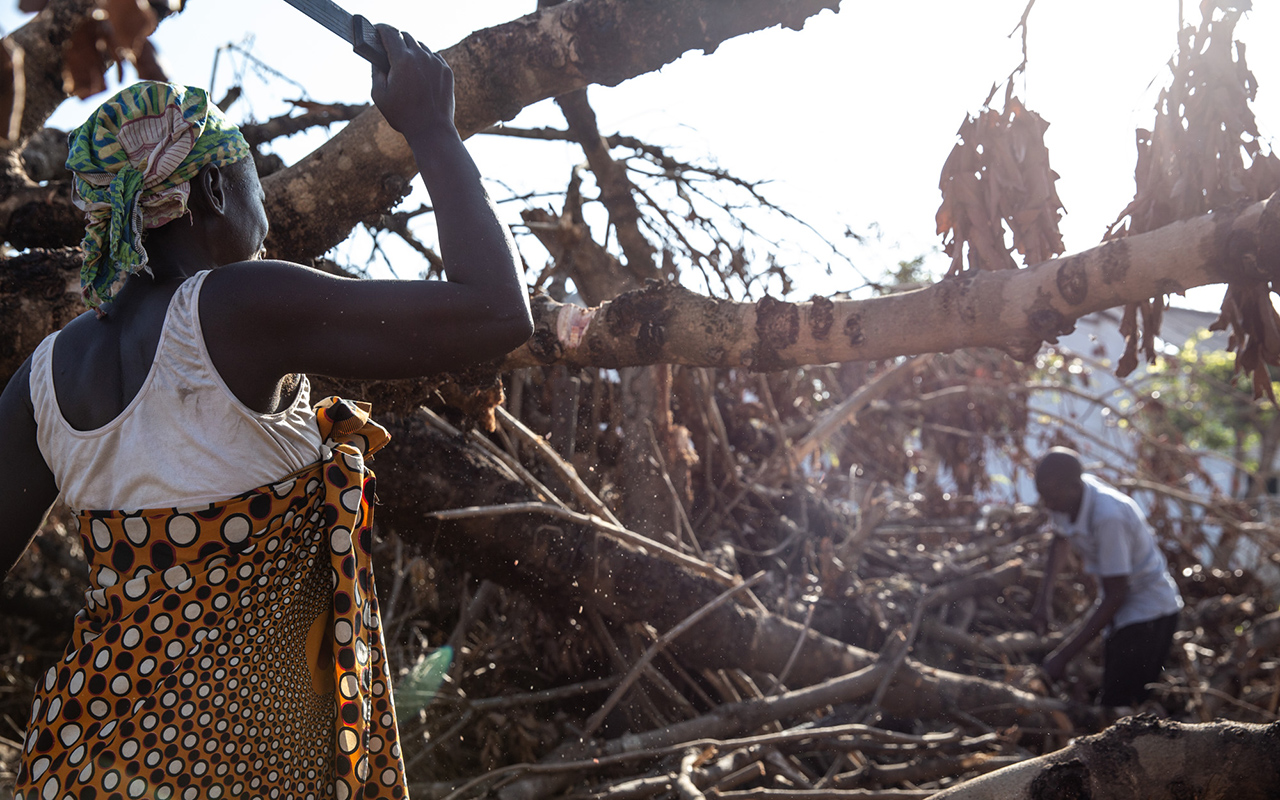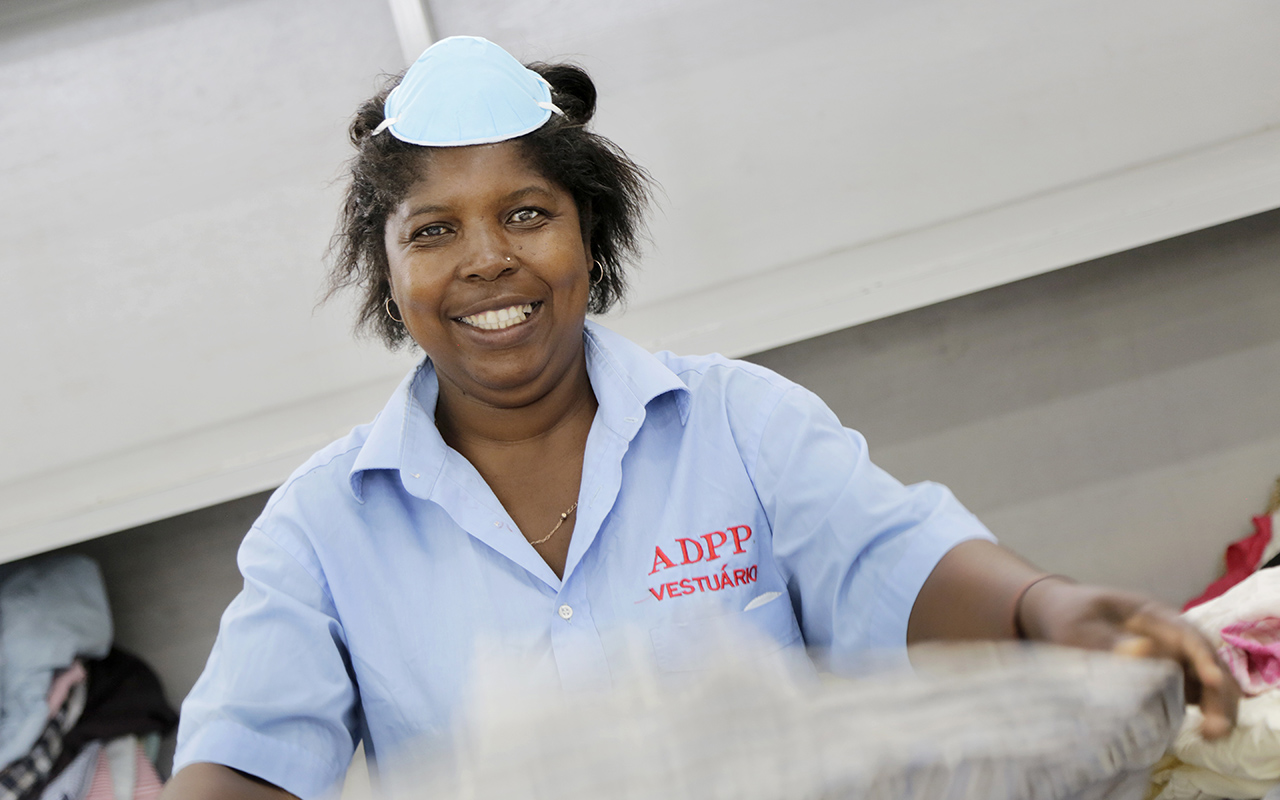At ADPP Mozambique, we believe that everyone deserves the best. As global citizens, we all have the right to fulfil our potential through access to good healthcare, education and economic opportunities.

Our aim is to provide opportunities for all Mozambicans and to provide development initiatives in health, education and agriculture to more than 7.4 million Mozambicans every year. Our work also aims to foster personal growth by providing the tools, knowledge and skills that empower people and communities to fulfil their potential, regardless of their background or situation.
Our focus has always been on encouraging and developing the active participation of people, whether they are farmers and their families, farmers‘ and producers’ clubs, health support groups, girls' clubs, or teachers and students in schools. Our organisation was created to support all Mozambicans and communities are our strongest allies in achieving a fairer and more equitable world.






